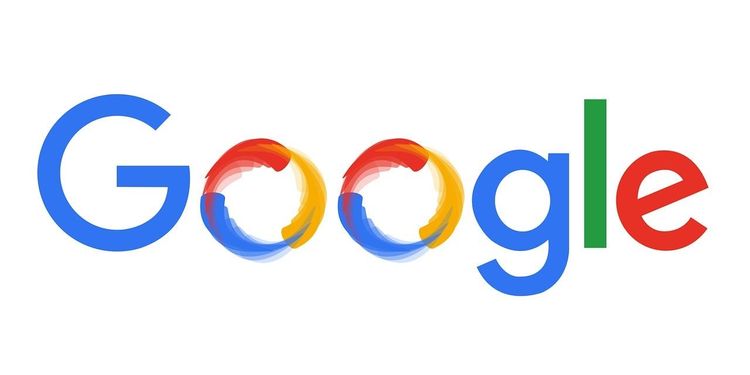With the growing popularity of Large Language Models (LLMs) and generative AI tools such as ChatGPT, developers are exploring innovative ways to transform text into various media forms, including music. They are now introducing solutions that allow you to create musical snippets simply by typing a few words.
This week, Brett Bauman, the creator behind PlayListAI (formerly LinupSupply), launched a new app called Songburst on the App Store. The app features an intuitive interface; you can generate a music clip by entering prompts like “Calming piano music for studying” or “Funky beats for a podcast intro.”
If you’re unsure what to ask for, Songburst also offers curated prompts across categories like video, lo-fi, podcasting, gaming, and meditation.
Bauman shared that the app’s backend is built using Vercel, with music generated via Leap. While the current output is limited to 30-second clips and some may lack high quality, Bauman plans to extend the length of generated music and enhance its quality over time.
Songburst is free to try, with a subscription option priced at $9.99 per month or $79.99 annually. Subscribers receive 20 music credits monthly and can download tracks in MP3 format. Additional credits can also be purchased in packs of five ($7.99), ten ($11.99), or twenty ($15.99).
Bauman’s motivation for creating Songburst was to provide a straightforward, mobile-friendly text-to-music solution without any misleading subscription tactics.
Notably, Bauman isn’t the only developer venturing into the text-to-music space. Akhil Tolani, known for the music collaboration app Rapchat, has launched CassetteAI, available on both the web and the App Store.
Functioning similarly at the input level, CassetteAI allows users to enter a music prompt and outputs a track. However, it stands out by generating samples up to three minutes long, thanks to a custom model based on seq2seq hierarchical architecture, trained on a specialized dataset for creating copyright-free music.
CassetteAI also includes basic interfaces for users to edit and remix generated tracks, although currently, it doesn’t support the complexity needed for multilayered master tracks.
Tolani revealed that while CassetteAI initially operated on a waitlist basis, it is becoming available to more users. He is also introducing a pro subscription option at $4.99 per month, which provides unlimited song generation and access to higher-quality AI models for enhanced music output.
According to Tolani, CassetteAI outperforms other music generators like Mubert and Beatbot due to its superior quality and faster output. He emphasized his vision to position AI as a complementary tool for music creation, rather than a replacement for human artistry. “Just as calculators didn’t replace mathematicians but made calculations easier, we aim to make music production accessible to all,” he explained.
These tools primarily target content creators who need copyright-free music for their videos or podcasts. The developers also hope that musicians will integrate these tools into their own music-making processes.
In addition to independent developers, major tech companies are also addressing the text-to-music challenge. Google unveiled its MusicLM tool during the Google I/O developer conference in May, while Meta open-sourced its AI music generator, MusicGen, in June.
As the quality of generated tracks continues to improve, concerns about the training data used to create this music remain. To mitigate potential legal issues, OpenAI made parts of its Jukebox model open source and has prohibited commercial use of generated music. Some artists, like Grimes, have taken a different approach by inviting fans to collaborate using her voice while offering to share royalties.
Note: No keywords section, no advertisements, and the content has remained cohesive.







